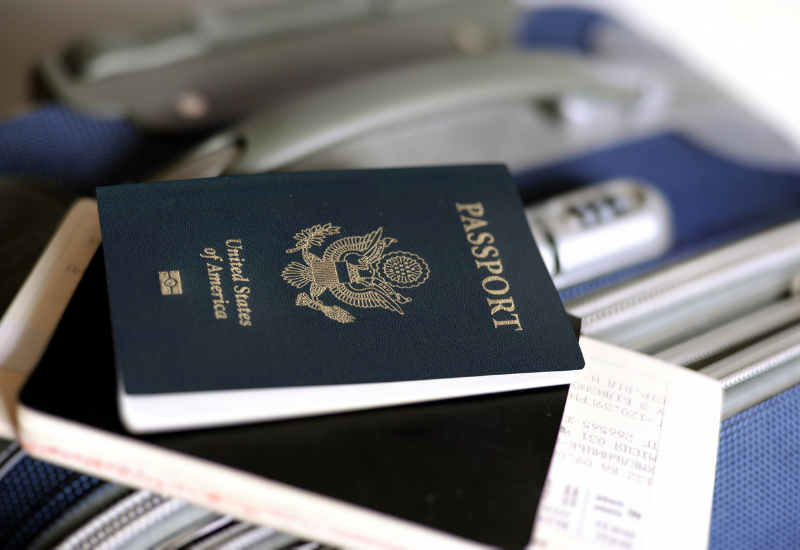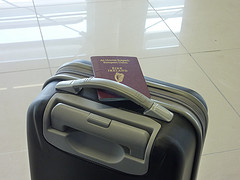7 Passport Travel Safety Tips
29 December 2012
Your passport is your key to travel the world and to get back home, it’s also one hot commodity on the black market. A stolen passport can cause a lot of problems for you when it’s time to come home.
Not only will you not be allowed to travel, you could lose your non-refundable airline ticket costs and be facing additional unexpected travel expenses while you try to get it replaced.
In addition, you could return home to find that your identity has been effectively stolen and you’ve got a mounting debt problem to manage.
In the past, we’ve written about how to prevent passport theft and how to get it replaced. In this article, we’re going to give you the latest steps for keeping your passport safe on a trip.
1. Carry your passport on your person if possible
We’ve written before that money belts are a great way for travelers to keep the majority of their cash, their passports, and other critical documents on their person without advertising it.
If you carry your passport in a purse, put it in an inside pocket and zip the pocket. A shoulder bag that’s worn across the body is best (less easy for a thief to steal). Keep the bag in front of you and keep the zippers and snaps closed up at all times.
2. One adult, One passport
Some people make the mistake of keeping all the passports together and held by one person. That action simply means losing more passports at once rather than keeping them all safe. Each person who’s old enough carries their own passport. Spread out the kids’ passports among the adults to minimize the impact of a single theft.
3. If you leave your passport, lock it up
If you leave your passport behind, lock it up. If you’re relatively confident in the safe in your room, you can use that, but be sure that others can’t get into the safe while you’re gone. Many of the hotel and cruise ship safes are just not that safe.
If you can leave it with the hotel concierge or hostel and have them lock it in their safe, that can be better, but if you don’t trust that option, consider a locking travel safe – like this one from Magellan’s – or lock it inside your hard-sided luggage that’s locked to an immovable object in your room (consider the plumbing around the toilet to be pretty darned immovable).
4. Be wary of those who want to hold your passport
This practice isn’t very common today, but in some places foreign hotels will ask for your passport and keep it. In some cases, they’re required to report the information to local authorities.
If you’re uneasy with this practice – and you should be – ask the establishment to accept a copy of your passport in lieu of holding the document itself.
5. Keep the passport separate from the copies
The key to not losing everything is to divide it up. Having a copy of your passport page means you’ll have an easier time getting it replaced, but not if it’s stored with and therefore stolen with your passport.
6. Check regularly – In private
Check regularly that you’re still carrying your passport where you think you are – especially if you are traveling internationally – but do this in private. If you make it obvious, a thief who’s watching will know just where to look for it.
Check in the privacy of your room before you leave for the day and use opportunities like visiting bathroom stalls to verify it’s still where you think it is throughout the day.
7. Know your coverage for a lost or stolen passport
Many travel insurance plans include a lost or stolen passport as a covered reason for trip cancellation.
Many travel insurance plans also include coverage for lost or stolen passports and even those who’ve had their identity stolen while on a trip. Read your plan carefully and understand what help you’ll have if your passport is stolen while you’re on a trip. Often, the coverage will pay a portion of your emergency passport replacement costs as well as helping you find the local passport office (usually an embassy or consulate).
A few final tips ….
Don’t forget to pencil your address and emergency contact into your passport and make 2 copies of your passport ID page before you leave. That last bit will help you get a replacement much quicker.
Damian Tysdal is the founder of CoverTrip, and is a licensed agent for travel insurance (MA 1883287). He believes travel insurance should be easier to understand, and started the first travel insurance blog in 2006.

